The Stranglehold of Christian Scrupulosity
John MacArthur, "Biblical Counseling," and Going All-In On Grace
More than a decade ago, I weaned my 3rd child in 4 years and soon after experienced debilitating panic, ruminating thoughts, and an entrapping agoraphobia. My world closed in as I read my Bible for hours each morning, memorized chapters of Scripture, systematized my domestic duties according to spiritual ideals, and prayed. Compulsively.
God in His kindness answered my prayers through a licensed mental health counselor who identified my postpartum OCD and through a physician who discovered my nonexistent vitamin D stores. I did not recover overnight—the ministry of these medical professionals, therapy, uninterrupted sleep, exercise, nutrition, and many other things helped me heal.
What did not help was my spiraling obsession over what sins were causing my distress, something I now know to be a hallmark of scrupulosity, or religious OCD.
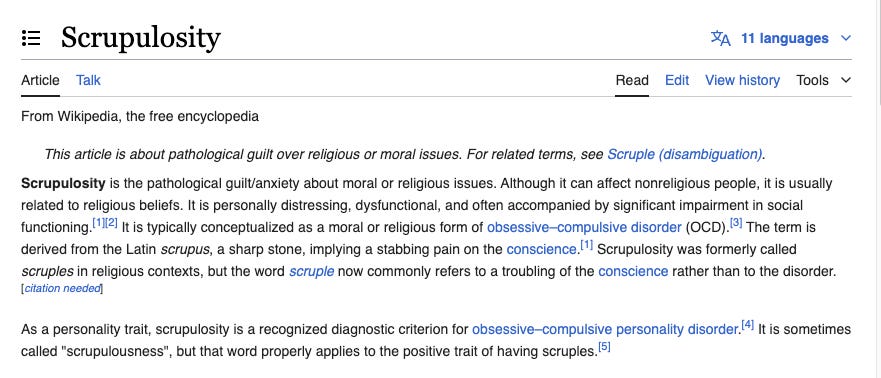
We are embodied people, and our bodies matter. The idea that everything has a spiritual cause and cure that requires words of faith or incantations of repeated Bible verses to heal is not particularly Christian, though corners of the church continue to teach people that their bodies, including their brains, fail them due to a lack of faith.
So when I saw this viral clip from John MacArthur, I was paying attention.
MacArthur says, “There is no such thing as PTSD, there is no such thing as OCD, there is no such thing as ADHD. Those are noble lies to give the excuse…at the end of the day, to medicate people.” He goes on to tell parents, “If you parent kids properly, they will make the right choices,” and warns without substantiation that treating children for ADHD may lead to criminal behavior. Kelsey and I addressed this in an IG live, because it intersects with Christian parenting teaching (note that in the rest of the clip MacArthur promotes his new book The War on Children), but here I want to consider the irony of MacArthur denying the reality of OCD when his pastoral commitments directly cultivate religious OCD and scrupulosity.
“Biblical counseling" and John MacArthur
Pastor John MacArthur, the globally influential conservative megachurch pastor of Grace Community Church, is a proponent of “biblical counseling” (also known as nouthetic or ACBC counseling). I’ve written elsewhere about the nouthetic school of thought, which arose from the teachings of Jay Adams. Adams’ book Competent to Counsel (1970) popularized the idea that the field of psychology was not just secular but fundamentally opposed to the Word of God. Adams also encouraged pastors to view the Bible as the only all-sufficient resource needed to counsel people. Adams’ ministry grew concurrent to the Chicago Statement on Biblical Inerrancy in 1978 and the Word of Faith movement, which all paved the way for approaches that name-and-claim Bible verses to permeate the Christian self-help industry.
The biblical counseling version of this told pastors and others that they didn’t need fancy degrees, they didn’t need medical training, they didn’t need to listen to external sources of authority to address personal and relational problems; all they needed was the Word of God. This admirable reverence for the Bible failed (and continues to fail) to acknowledge that applying the Bible to life problems requires interpretation and application. Familiar names told countless people *how* to interpret and apply the Bible to various counseling scenarios. Jay Adams, who pioneered the pastoral counseling program at Westminster Seminary began the Institute for Nouthetic Studies. John Broger started the Biblical Counseling Foundation which prioritized making cost-effective nouthetic resources accessible to missionaries and leaders around the globe. And John MacArthur, whose Master’s University offers multiple degrees in biblical counseling became a household name for “biblical counseling” ministry.
I want to underscore again that “biblical counseling” has never been and never will be “the Bible alone.” Biblical counseling involves various men presenting their interpretation and application of the Bible as “the Bible alone,” thus equating their opinions with the Word of God. This pops up all the time in popular Christian parenting resources, like the bestselling Shepherding A Child’s Heart, written by Tedd Tripp (who received a DMin from Westminster’s pastoral counseling program and credits Adams in his acknowledgments) and Ginger Hubbard, who wrote Don’t Make Me Count to Three, a practical application follow up book based on Tripp’s theological framework.1
Ginger opens her book by claiming, as do almost all nouthetic counselors and teachers, that she is not presenting her opinion but simply outlining the “biblical” way to do things. Such claims to spiritual authority make it very difficult for people to walk away.
Popular resources like Hubbard’s continue to circulate, and overwhelmed Christian parents looking for help also pick up stowaway doctrines like the nouthetic worldview. Parents may read a book out of a desire to please God in their parenting and close the final pages believing that they can and should diagnose their child’s every behavior as a sin issue.
“Biblical Counseling” and Scrupulosity
So what does this have to do with scrupulosity? If people have heard of this condition, they often connect it with fears about eternal damnation or worries about committing the unpardonable sin (which is accurate), but scrupulosity also manifests in other ways, like uncharacteristic zeal and spiritual ambition. Traditional Christian practices like listening to the Holy Spirit, confessing sin, praying, Bible memorization, etc. have no cap, so someone prone to scrupulous ways of thinking can quickly ramp up the speed and intensity on an endless treadmill that goes nowhere.
For instance, normative Christian practices like the confession of sin become tortuous, because people worry they might not have been thorough enough. Any thought, including all past sins, that comes to mind must be confessed, often to others. In children, it can look like an early and fervent spirituality, something that is often praised in Christian communities but leaves young people overwhelmed. In 8th grade I was encouraged to pray for my friends, a standard youth group sermon. I began a daily prayer list of every person I knew that continued growing well into adulthood. How could I bear to erase anyone with such high stakes? In college, I attended not just one weekly evening prayer meeting, but multiple—any and all I could possibly fit into my schedule—because if prayer was good, and the stakes were eternal, why would I watch a movie when I could pray for the lost?
We also applaud this kind of zeal in indirect ways by lionizing select spiritual heroes for their piety and extreme sacrifice. We pedestal Jonathan Edwards’ youthful spiritual resolutions or George Mueller’s insistence on never raising funds, or William Carey’s costly devotion. When we exalt spiritual heroes who lived at this pace, we idealize impossible and (in my opinion) unhealthy aspirations. We assume extreme devotion must be an unqualified good and as a result inflict people with a myopic and biographically uniformed model of aspirational piety. This is a heavy yoke.
I contend that the biblical counseling approach itself cultivates and normalizes scrupulosity and religious OCD. Consider the table of contents from John Broger’s “Self-Confrontation,” a manual that is a written transcript of Jay Adams’ early teaching. In it Broger instructs people to make a notebook for every undesirable behavior; adherents are to daily pray, catalog a list of “sinful deeds for today” according to the book’s charts, definitions, and prooftexted Bible verses, and work to “put off” sins like depression and anxiety and “put on” right responses and victorious Christian living. (Incidentally, John Broger had previously run the US Military’s indoctrination program and other psychological operations.)
This kind of sin-cataloging approach is not limited to adults. Parents are taught they can diagnose a child’s heart. Consider Tedd Tripp again: “How did [your child’s] heart stray to produce this behavior? In what characteristic ways has his inability or refusal to know, trust & obey God resulted in actions and speech that are wrong?”2 Tripp goes on to apply this to two “offenders” who both want the same toy. This example stuck with Ginger Hubbard, who quotes it, Tripp, and Lou Priolo (another nouthetic leader mentored by Jay Adams) at length in Don’t Make Me Count to Three. You can see the nouthetic “put on/put off” reliance on sin categories in her still popular resource Wise Words for Mom.
Parents are thus taught to redefine all behaviors through sin frameworks they have received from (whether they know it or not) nouthetic influences. This kind of systemization of performative Christian excellence is a relatively recent innovation in Christian thinking, and, as Kelsey and I discussed, is rooted in cultures shaped by the Puritan work ethic. Systematizing victorious Christian living sometimes requires redefinitions of various terms, as Bill Gothard did in his own version of this:
Devout parents who want to parent in the Christian way may find such charts and systems appealing, because they offer a sense of control, an identifiable way to “Christian harder.” There’s a market that supports family piety, offering the-more-and-earlier-the-better Christian education resources—everything from Koine Greek flashcards for preschoolers to board books that teach doctrine to inductive Bible studies for elementary students. However, it is irresponsible to presume that just because we understand something to be Christian teaching, it will nourish children to have a steady unexamined diet of it. Or adults either, an especially relevant consideration in an age where there are endless streams of podcasts, sermons, books, and self-help.
“Biblical Counseling” and Pastoral Negligence
Christian preachers and teachers might well consider whether their audience has been fed a steady diet of Try Harder Christian excellence, because even a benign sermon on spiritual disciplines might flay the conscience of a person with scrupulous tendencies while appropriately convicting someone else. When I first saw MacArthur’s clip, I thought: How can anyone who has done any kind of pastoral ministry say such things? It could be, as some theorized, that MacArthur hasn’t done personal pastoral work in years. I think another consideration is that the nouthetic, or biblical counseling, approach is inescapably pastorally detached.
When you have lists and systems and formulas for victorious living, the person in front of you doesn’t matter. Their mental health, their physical presence, their unique circumstances are *all* irrelevant, because rooting out the sin and “putting on” the right behavior and thoughts becomes all that matters. Listening to someone’s story and circumstances becomes only a tool to parse out their sin. This is how MacArthur can, in the original clip, dismiss PTSD as “grief,” how Broger can, in the table of contents above, use the case study of an abusive husband as a lens for counselors to diagnose the wife’s sin issues. Broger’s approach is hardly theoretical in the biblical counseling world. For instance, John MacArthur publicly shamed and excommunicated Eileen Gray for her “unrepentant sin,” because Eileen refused to reconcile with her ex-husband who is now serving time for child molestation and abuse.
In the nouthetic framework, relational circumstances like domestic abuse or biological realities like brain chemistry are immaterial in light of the legalistic goals of sin management. This becomes quite clear in biblical counseling parenting resources like Tripp’s and Hubbard’s which dismiss psychology as humanistic and secular and give little or no consideration to child development. Both authors pair “communication” with “reproof and the rod” as the two primary tools of parenting. When I first read Tripp’s book, I was pleasantly surprised to discover that his communication scripts read much like recommended scripts of today: ask a child about what they are thinking and feeling in any given moment and reflect back what you are hearing. But Tripp and Hubbard quickly diverge into the nouthetic, because *the goal* of such communication—for both parents and biblical counselors alike—becomes sussing out and diagnosing the sin in a child’s heart. In fact, Tripp advises parents to give their children a biannual performance review3 to evaluate their behavior. Elsewhere he offers evaluative questions like those below that normalize introspective and scrupulous examination.
Tripp’s work also envisions children as mini adults whose behavior is motivated by sins as defined by the biblical counseling framework. This results in 1st graders described as “modern Pharisees [and]…relationship junkie[s]” with “sexually loaded” thoughts.4
A community’s family life teaching is always revealing, because the way children are treated in the family will be the way adults in the church system are treated, which is how you end up with MacArthur dismissing suffering and physical realities from the stage. There is no physical or mental or emotional “excuse” for the sinful deeds that you should be “putting off” according to the biblical counseling framework. Here is Ginger Hubbard, for instance, telling parents to spank feverish children, because sickness is no excuse for sinning.5
In many ways, I think MacArthur, and those who adopt the biblical counseling worldview, offer a cognitive version of the health and wealth prosperity gospel (which, ironically, they often so loudly reject). Because for both, if you believe hard enough, if you try hard enough, if you say the magic biblical words, you can curry God’s favor, feel in control, and gain the outcome you desire. Or at least that’s the idea.
Because it doesn’t work. The anxiety doesn’t dissipate, the depression doesn’t lift, the child doesn’t grow up to take the desired path, and then what? Did God Himself fail people? Is it user error? Or could it be that the Bible itself is unsound? When opinions, interpretations, and preferred doctrines are presented with unquestionable spiritual authority, we offer people a spiritual framework built of straw and hay. It’s no wonder that we have scores of Christians deconstructing. Many were raised in families and churches that systematically built intricate frameworks. Such frameworks continue to be exposed, as does the fallout from these false promises, which includes a disorienting mistrust of one’s own spiritual capacity.
It’s a painful grace that for some the gateway out of the exhausting legalism and the cognitive-prosperity-gospel-promises of the biblical counseling world comes when the promises fail, when Trying Hard or memorizing more verses or praying more doesn’t relieve the OCD or PTSD or ADHD or any number of other conditions. I know it did for me. I wrote about it a few years after my experience with postpartum OCD/anxiety, because hitting rock bottom was my invitation to go all in on grace and I’ll conclude with those words that still ring true for me so many years later:
But all of that’s still ahead of you, and right now you’re in the thick of it. I’m not going to advise you to pray harder or read your Bible more or memorize longer Scripture passages. I’m not going to tell you to look to Jesus or choose your feelings or serve others. In fact, I’m not going to give you any advice at all, because your hard-working, sleep-deprived, driven little heart is going to latch on to the doing, and I know how easy it is for good Christian women to even Martha-ize sitting at his feet.
Instead I’m going to remind you of the truth: you belong to God. He gently leads those who have young. He’s got you. Instead of leaning in more, you can lean back into him.
Because what’s hardest for you to believe is that when Jesus says his yoke is easy and his burden is light, he really means it.
Doing more, self-denying more, giving more or serving more won’t bring you more life, it just sends you endlessly going, rising up early and going to bed late, laboring in vain. And he hasn’t promised you a treadmill – he’s promised you life. Grace is kind of an all-or-nothing game. Go all in on grace. Rest. Be still. Breathe. Let go. Find joy.
It’s his church. He’s building it. And, in the meantime, he gives to his beloved even while they sleep.
Ginger describes her connection with Tedd Tripp and Shepherd’s Press in Episode One of Parenting With Ginger Hubbard.
Tripp, Shepherding a Child’s Heart, pg. 5-6
Tripp, pg. 165, 169.
Tripp, pg. 168.
Hubbard, Don’t Make Me Count to Three, pg. 112.




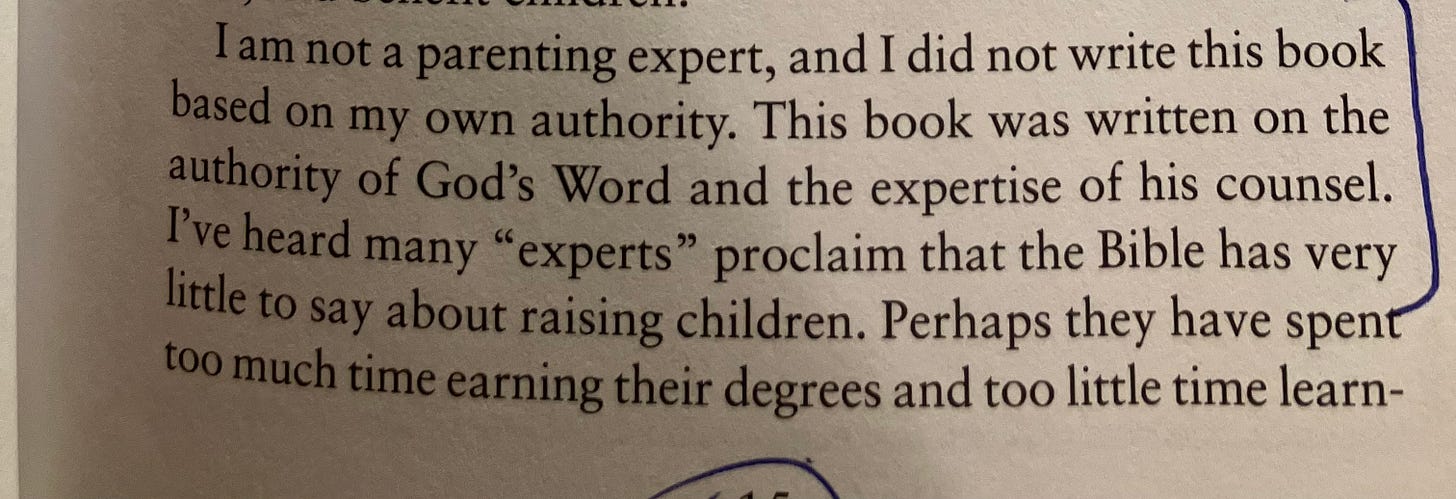
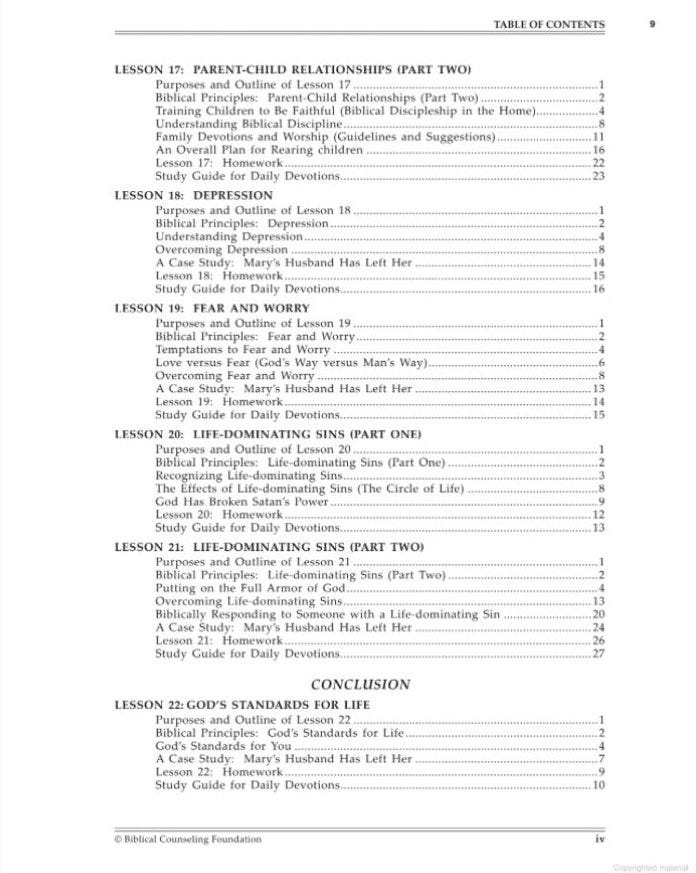
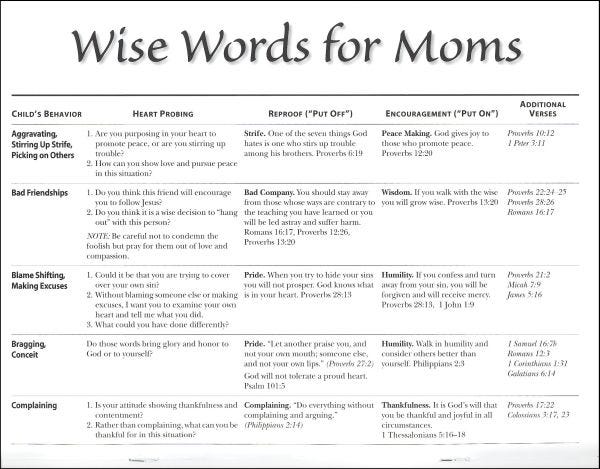
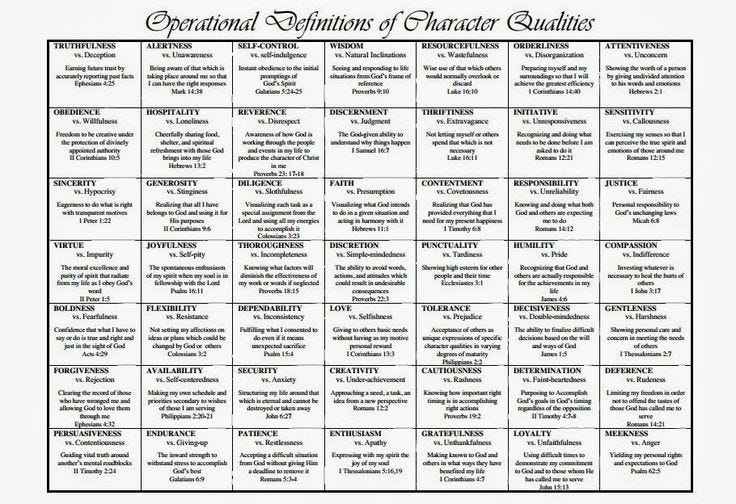
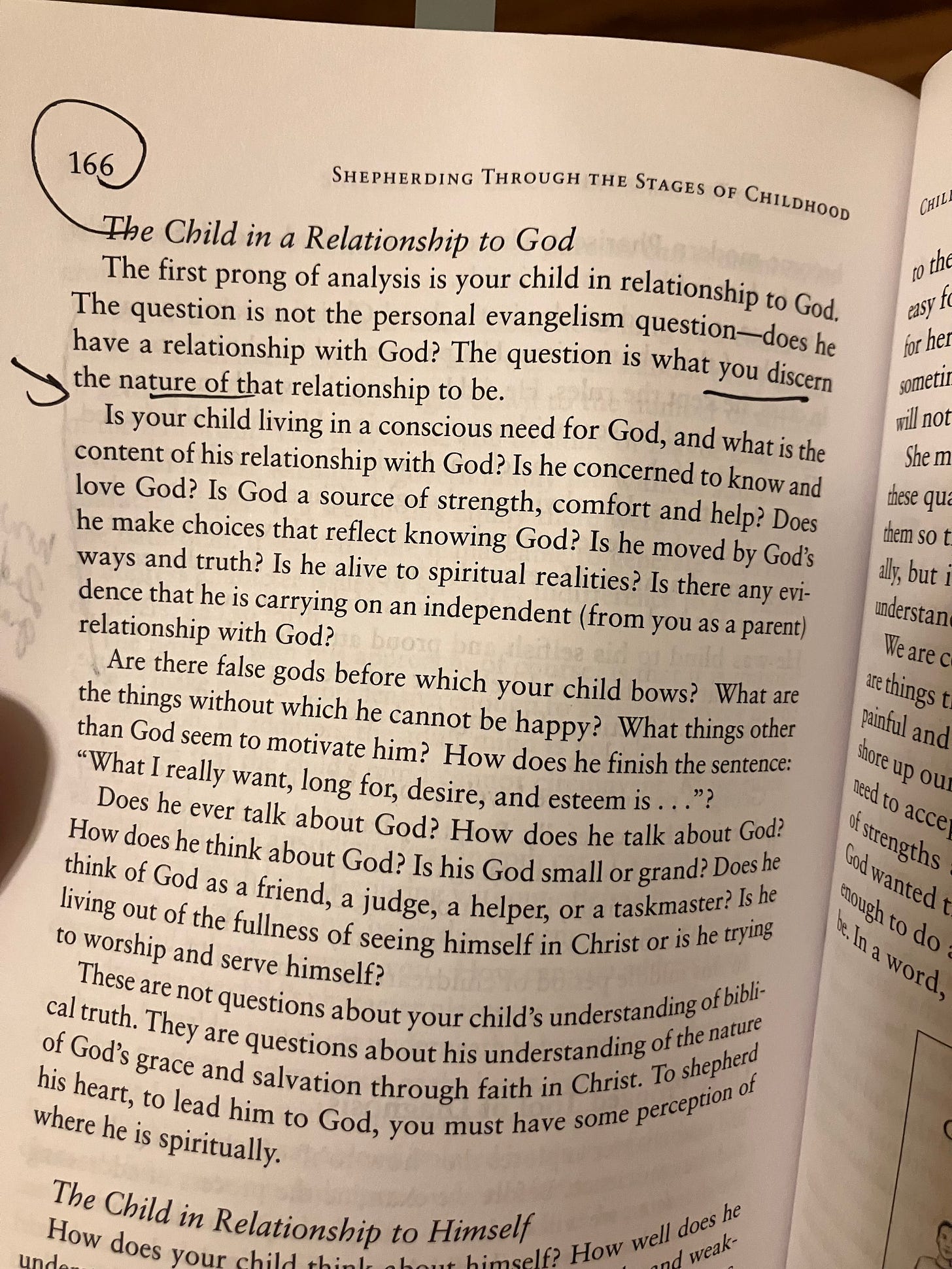
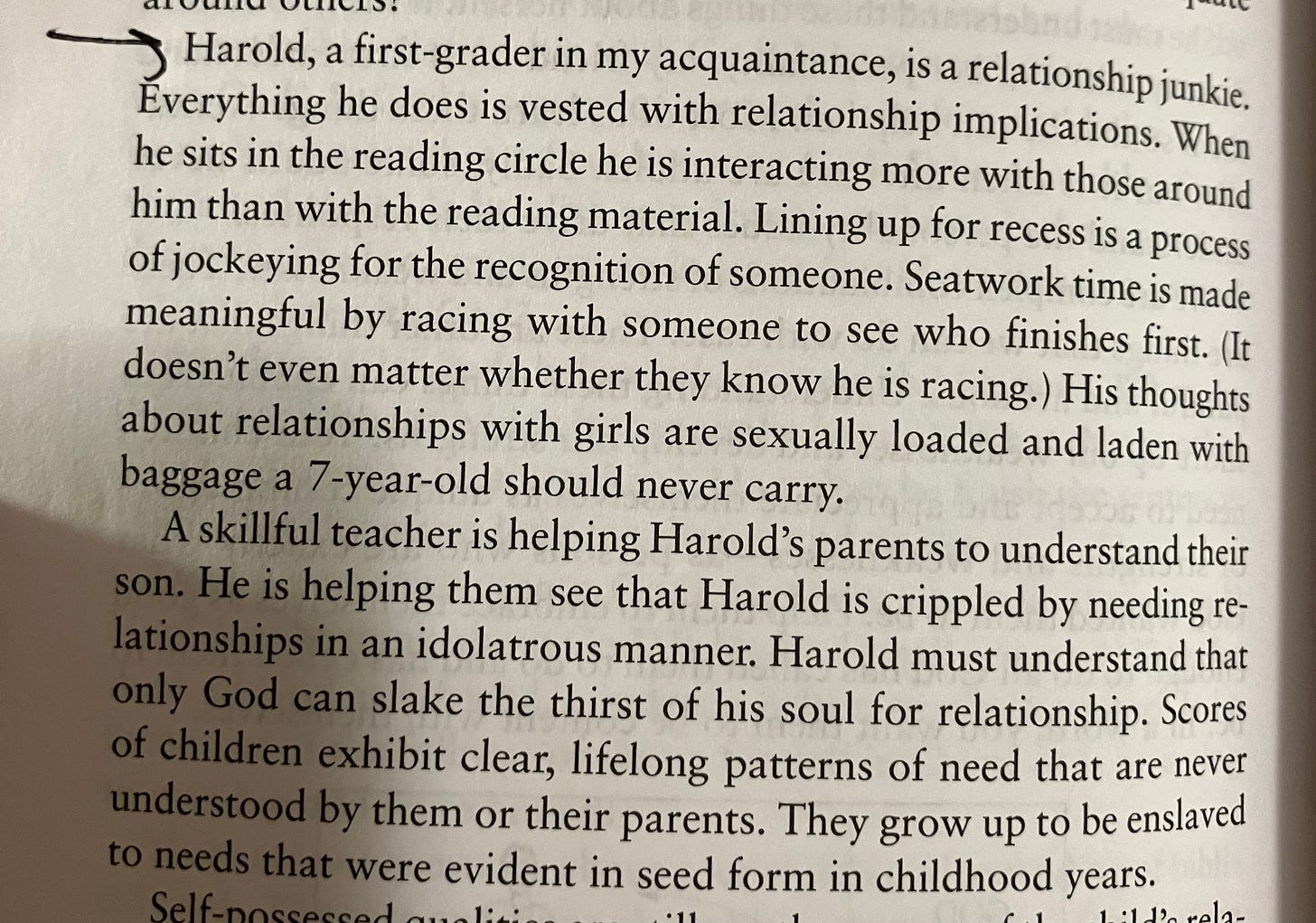
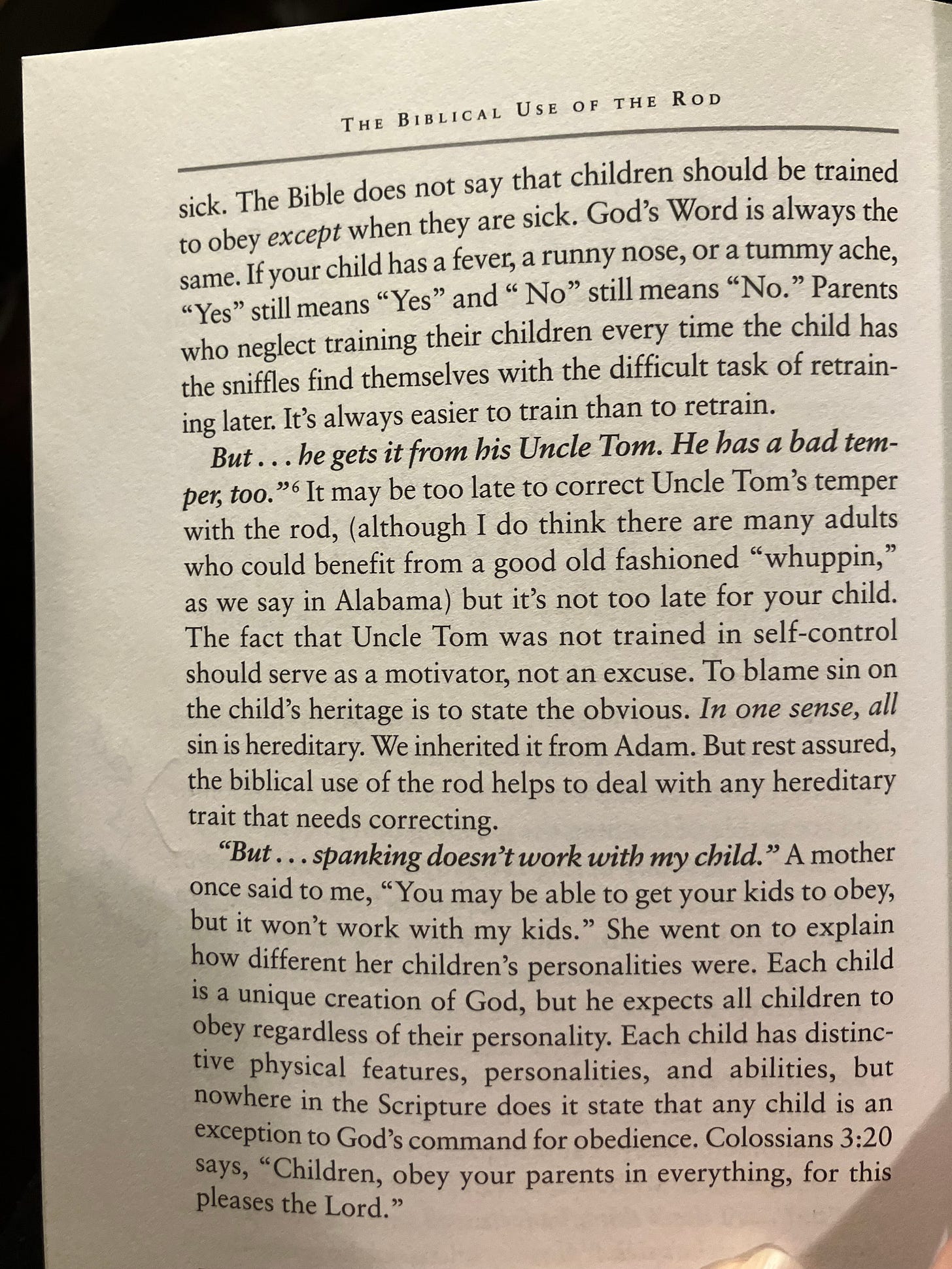

As a neurologist and someone who is also trained in psychiatry, I believe that attributing mental illness solely to sin, and worse, teaching this perspective, is itself a form of sin. This notion has caused significant harm and is fundamentally untrue. Mental illness is highly complex and has roots in genetics, neurochemistry, neuroplasticity, life experiences, and countless other factors. I cannot help but wonder about the anthropological and theological framework someone must have to hold this position. In my experience, ideas like total depravity and a Cartesian anthropology play into this. Mental health is erroneously viewed as some kind of immaterial entity and therefore cannot be considered physical. While a stroke affects the brain, mental illness is perceived as affecting only the immaterial mind, and therefore cannot be thought of as biological. This misconception is very harmful and is contrary to reason.
Remember, God is not just the God of the Bible; He is also the God of reason.
I’ve had OCD since I was a kid and I’m still fighting some religious compulsions that formed because of teachings like this. But I’ll never forget the first time a pastor shared that Jesus’ grace alone was enough. Because that changed everything. And I’m thankful for counselors who know Jesus and also study psychology. Sometimes we need Jesus and Prozac.